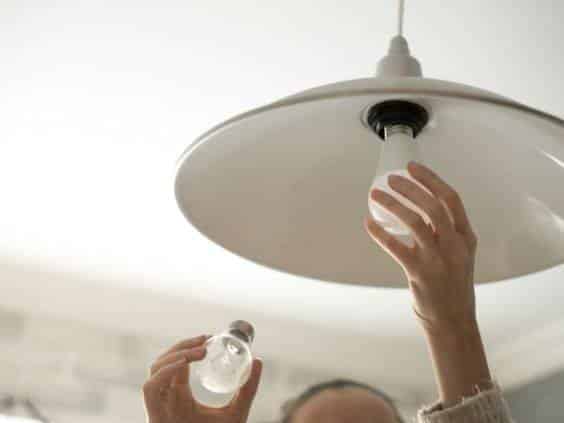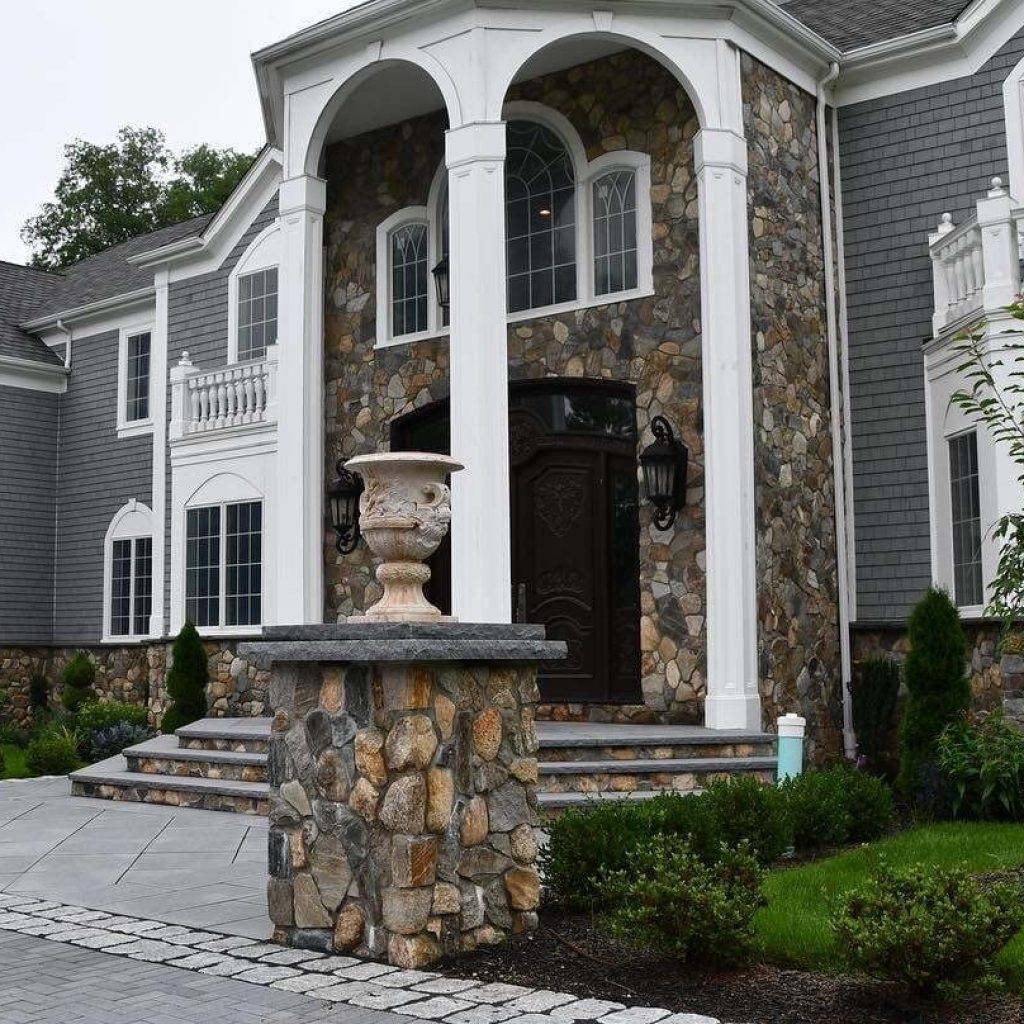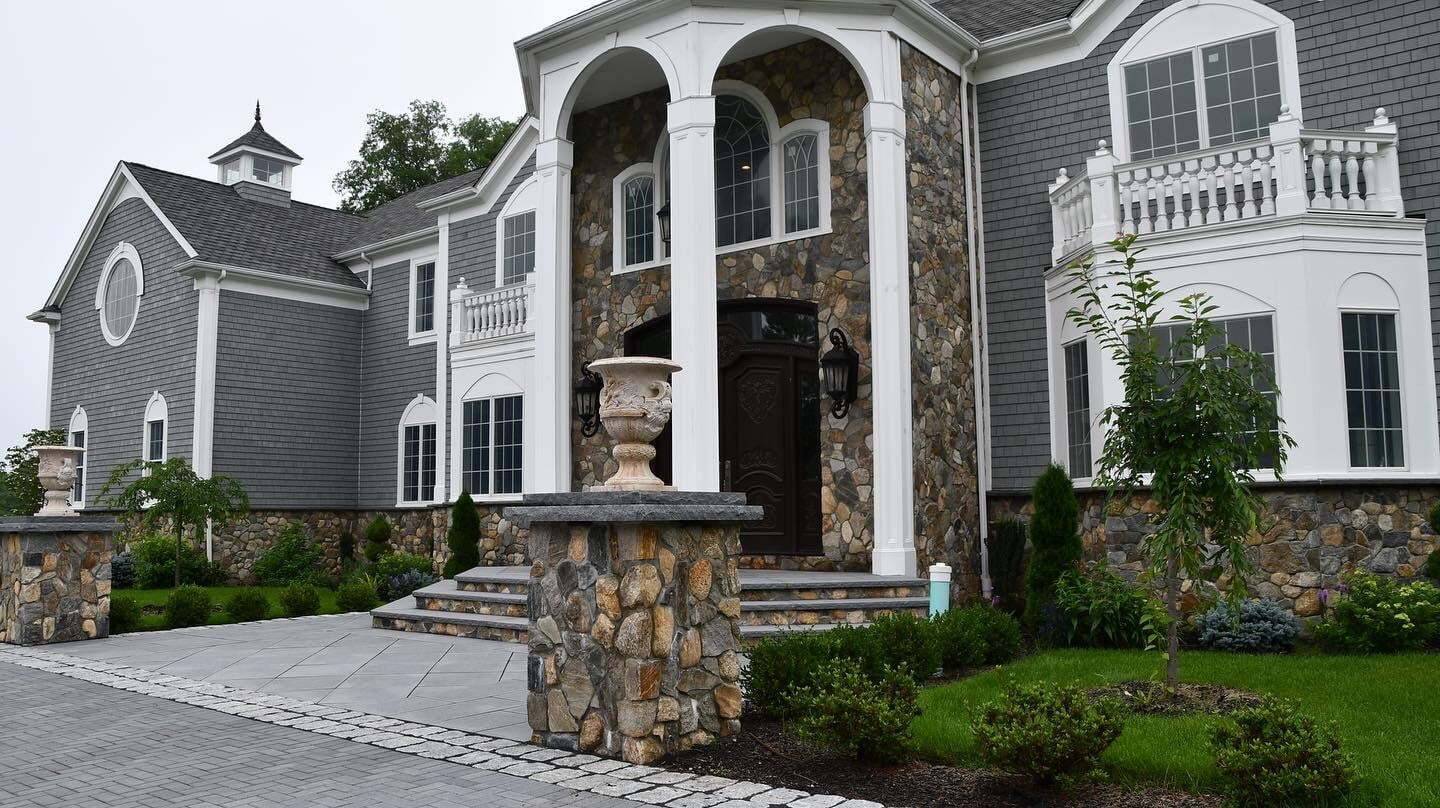Have you noticed your energy bills skyrocketing with your thermostat use this winter? Not only is this process tough on your wallet, but it negatively impacts the environment too. If you want to lessen your impact on the environment and your energy bills, follow these tips on how to make a home more energy efficient.
Swap the Lightbulbs
Some homeowners might not know it, but incandescent light bulbs are inefficient light sources. They waste most of the energy they consume, and they only convert a fraction of this energy into visible light. LED light bulbs are a much more economical choice. Swap your indoor and outdoor incandescent light bulbs for LED variations to save up to 75 percent more energy on your home lighting.
Upgrade Old Appliances
Old, worn-out appliances are also responsible for wasted energy around the house. Older machines use way more energy than more modern, Energy Star-rated appliances. There are many benefits to upgrading the appliances around your kitchen, laundry room, and more. You’ll save money on energy bills, for one. Buying new appliances will also add value to your home if you plan to sell it in the future.
Add or Improve Insulation
You can install new insulation to improve the energy efficiency of your home. Alternatively, you can patch up your current insulation. Added insulation is a great way to promote extra heating or cooling inside your home, depending on the season. For example, insulation will help trap heat inside your home and keep it from leaking out of gaps in your siding in the cool winter months. Plus, in the summer, insulation’s heat-resistant properties will come in handy for preventing excess heat from entering your home. This process can help your home stay warmer in the winter and cooler in the summer. If you’re considering installing home insulation, make sure to call the professionals, though. There are safety risks when it comes to installing spray foam insulation.
Adjust the Thermostat
With extra insulation to keep your home warm or cool, you won’t need to reach for the thermostat as often. Turning up the thermostat is a big energy waster, and it adds to your energy bills quickly. When you’re not home, consider turning your thermostat down (or back up in the summer). You don’t need to heat your home when no one’s in it. Moreover, this can save you a shocking amount on your energy bills.
If you’re interested in how to make a home more energy efficient, these are the tips and tricks you need to know. While not all homeowners may have the budget for new insulation or appliances, everyone can take advantage of changing light bulbs and being more conscious about their thermostat usage. If you want your home life to be more sustainable and easier on the energy bills, give these methods a try.























